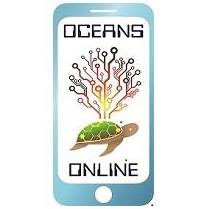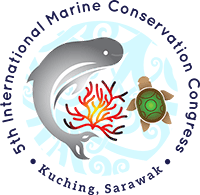 OceansOnline is now accepting abstracts! OceansOnline is an optional one-day add-on to the International Marine Conservation Congress (IMCC5).This year’s IMCC (including OceansOnline) will take place in Kuching, Malaysia. IMCC5 is June 22-29th, 2018 with OceansOnline on the 2018.
OceansOnline is now accepting abstracts! OceansOnline is an optional one-day add-on to the International Marine Conservation Congress (IMCC5).This year’s IMCC (including OceansOnline) will take place in Kuching, Malaysia. IMCC5 is June 22-29th, 2018 with OceansOnline on the 2018.
OceansOnline focuses on using online tools for marine science and conservation, including advocacy, public education, research, and collaboration! Anyone is welcome, including scientists, conservation advocates, educators, natural resource managers, journalists, and communicators. OceansOnline content is suitable for beginners or professionals.


